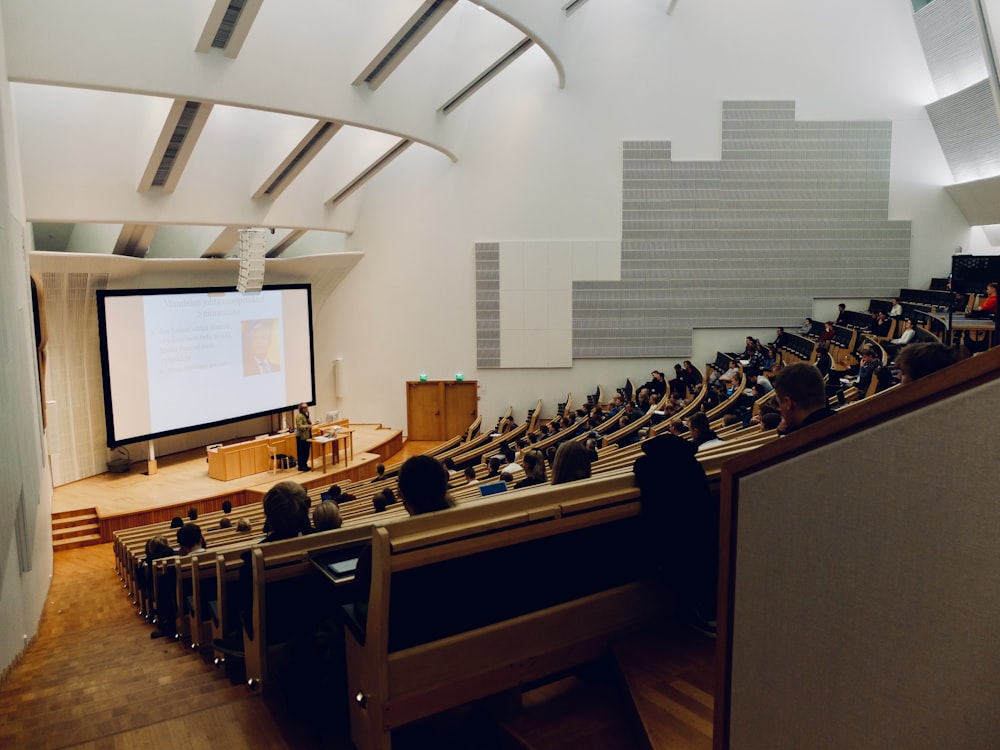Free University Article Template
UNIVERSITY ARTICLE
"Empowering Tomorrow: The Vital Role of University Education"
Written by: [YOUR NAME]
I. Introduction
In an ever-evolving world, the role of universities remains pivotal in shaping the future of society. From fostering critical thinking to driving innovation, universities serve as the cornerstone of knowledge dissemination and personal development.

This article aims to explore the multifaceted nature of university education, delving into its significance, challenges, and potential impact on individuals and communities.
II. Understanding the Essence of University Education
At its core, university education encompasses more than just acquiring academic knowledge. It's about cultivating intellectual curiosity, honing analytical skills, and nurturing a spirit of lifelong learning. Universities provide a rich ecosystem where students engage with diverse perspectives, participate in experiential learning, and collaborate on research projects that tackle real-world challenges. Through lectures, seminars, and practical experiences, students not only gain subject-specific expertise but also develop critical thinking abilities essential for navigating complexities in their personal and professional lives.
Caption: Completion rates among bachelor students from [YEAR] to [YEAR].
III. The Benefits of Pursuing Higher Education
-
Academic Excellence: Universities uphold rigorous academic standards, ensuring students receive high-quality education from esteemed faculty members who are experts in their respective fields.
-
Career Opportunities: A university degree opens doors to a myriad of career paths, offering opportunities for personal and professional growth across various industries and sectors.
-
Networking and Collaboration: University campuses serve as vibrant hubs where students interact with peers, faculty, and industry professionals, fostering valuable connections and collaborations that extend beyond graduation.
-
Personal Development: Beyond academics, university education promotes holistic development by nurturing soft skills such as communication, teamwork, and adaptability, which are crucial for success in today's dynamic job market.
IV. Challenges and Opportunities in University Education
While university education offers immense potential, it also faces several challenges in meeting the evolving needs of students and society. Rising tuition costs, accessibility issues, and disparities in educational resources pose significant hurdles for many aspiring learners. Additionally, the rapid pace of technological advancements necessitates continuous adaptation in curriculum design and delivery methods to ensure relevance and effectiveness. However, these challenges also present opportunities for innovation, collaboration, and inclusive practices that can enhance the accessibility, affordability, and quality of university education for all.
Caption: Gender distribution at the world's leading universities.
V. The Future of University Education
-
Technology Integration: Embracing digital technologies such as online learning platforms, virtual reality simulations, and artificial intelligence can enhance the accessibility and effectiveness of university education, catering to diverse learning styles and preferences.
-
Globalization and Diversity: As the world becomes increasingly interconnected, universities play a vital role in fostering cross-cultural understanding, global citizenship, and appreciation for diversity through international exchange programs, multicultural initiatives, and inclusive curricula.
-
Lifelong Learning: With the rapid pace of change in today's knowledge economy, universities are expanding their offerings beyond traditional degree programs to include lifelong learning opportunities such as continuing education courses, professional development workshops, and micro-credentialing programs tailored to the needs of working professionals and lifelong learners.
-
Community Engagement: Universities are actively engaging with local communities and stakeholders to address pressing societal challenges, promote civic engagement, and foster sustainable development through community-based research, service-learning projects, and social entrepreneurship initiatives.
VI. Key Statistics and Trends
Below are some key statistics and trends related to university education:
|
Statistic/Trend |
Description |
|---|---|
|
Enrollment Growth |
Over the past decade, university enrollment rates have steadily increased, reflecting the growing demand for higher education. |
|
Funding Challenges |
Many universities face financial challenges due to cuts in government funding, declining enrollment, and rising operational costs. |
|
Online Learning Adoption |
The pandemic accelerated the adoption of online learning platforms, with universities investing in technology infrastructure and digital resources. |
|
Student Debt Burden |
Student loan debt has reached record highs, prompting discussions about the affordability and accessibility of higher education. |
DID YOU KNOW? The largest state university in the United States is Arizona State University in Tempe. The largest nonprofit private university is New York University.
VII. Conclusion
In conclusion, university education serves as a catalyst for individual empowerment, societal progress, and global innovation. By embracing its transformative potential and addressing existing challenges through collaborative efforts, we can unlock new possibilities and ensure that the benefits of higher education are accessible to all. As we navigate the complexities of the 21st century, universities remain steadfast in their commitment to shaping future generations of leaders, thinkers, and changemakers.

